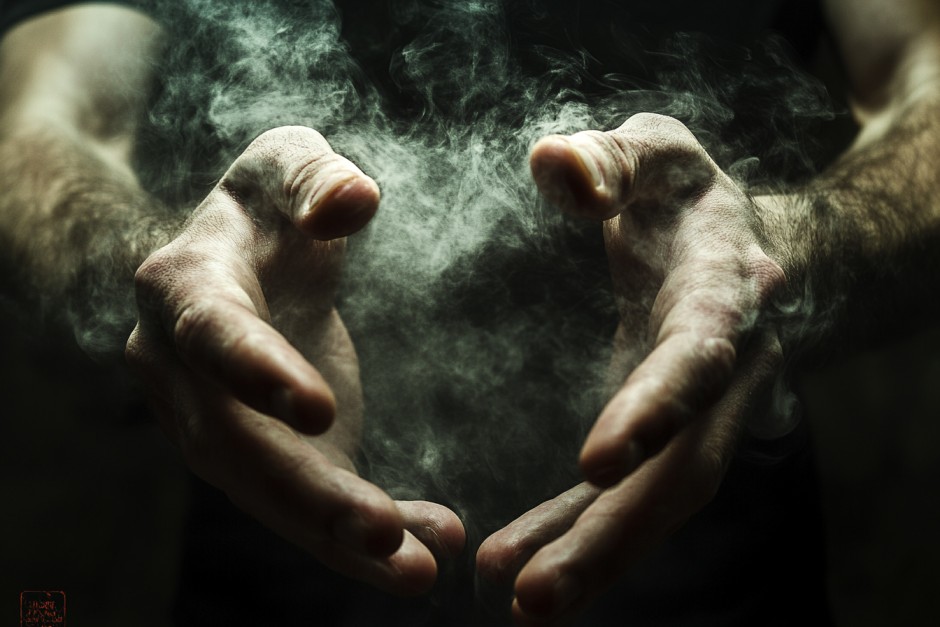Can you get a ticket for “following too closely”? How do the police determine how close you were following? Can you pay the ticket, or do you have to show up in court? Is following too closely a moving violation? How do you fight a following too closely ticket?
Read along to find out all you need to know about the following too closely Virginia law.
The Basic of the “Following Too Closely” Law Virginia
Following too closely is considered a moving violation, and you can get a ticket for it in the Commonwealth of Virginia. The VA code “Following too closely” states,
The driver of a motor vehicle shall not follow another vehicle, trailer, or semitrailer more closely than is reasonable and prudent, having due regard to the speed of both vehicles and the traffic on, and conditions of, the highway at the time.
Most commonly, this ticket is issued after an accident to the car who has rear-ended another vehicle. The police may or may not have witnessed the accident; the officer simply issues it based on what he or she can see of the aftermath.
How much is a ticket for following too closely?
Usually, it is $30, and you can pay it online. You will get 4 demerit points on your license, and paying it is an admission of guilt. But if you are not concerned about either of those things, you can certainly pay the $30 online and be done with it.
However, it is possible that you cannot afford the demerit points, or you are wary of admitting guilt if you consider yourself to be innocent. (For more on DMV demerit points in Virginia, see our blog post here.)
If you have a Commercial Driver’s License (CDL), this particular violation is considered a Serious Violation. If you get two or more Serious Violations in a 3-year period, your license will be suspended for 60 days, regardless of whether you were driving a commercial vehicle or not. If you get three or more Serious Violations in a 3-year period, your license will be suspended for 90 days.
Should you choose to fight the following too closely ticket in court (more on how to do that later), you could end up having the charges dismissed. Or, on the other hand, you could end up with the judge finding you guilty and fining you more than the $30; judges are allowed to assess a fine of up to $250 (or $500 if you were in a safety corridor when you were cited).
Should you choose to pay the ticket up-front, you should know that you are admitting guilt. If the other party chooses to file civil charges against you, it will then be difficult to say, “But it wasn’t my fault.”
For these reasons, it is very important to talk with an attorney before you decide whether to pay the ticket or fight it in court. Cook Attorneys offers free consultations for traffic defense cases, so contact us today to set up a time to chat.
Traffic Accident Cases and Defenses for Following Too Closely
In most cases, the police officer shows up to the scene of an accident after the fact and issues citations that he or she believes were appropriate. However, just rear-ending someone is not proof that you were following too closely.
If you do choose to fight the ticket in court, the police officer must prove beyond a reasonable doubt that you were the one in error. If he or she cannot, you cannot be liable for the ticket or the demerit points.
In these instances, dashcam footage and eyewitness testimony go a long way to making or breaking your case. When you talk with your attorney, they will ask if there is dashcam footage or any witnesses.
How to Fight a Following Too Closely Ticket
If you have received this kind of ticket, an experienced traffic defense attorney, like the ones at Cook Attorneys, can seriously help your case. In the free consultation, they can explain your case, your options, and your path moving forward.
A lawyer can also represent you in court and speak to the judge and the prosecuting attorney about your case. He can argue on your behalf and work to get you an acquittal. If you are found guilty anyway, your lawyer will argue for you to receive the lowest possible fines or penalties.
Even if your case has already been heard, and you are not happy with the outcome, it may not be too late to contact a lawyer. Lawyers can file a Motion to Rehear the case and accompany you to the rehearing to get the best possible outcome for you. They can also help you appeal, if that is a better option for your case.









